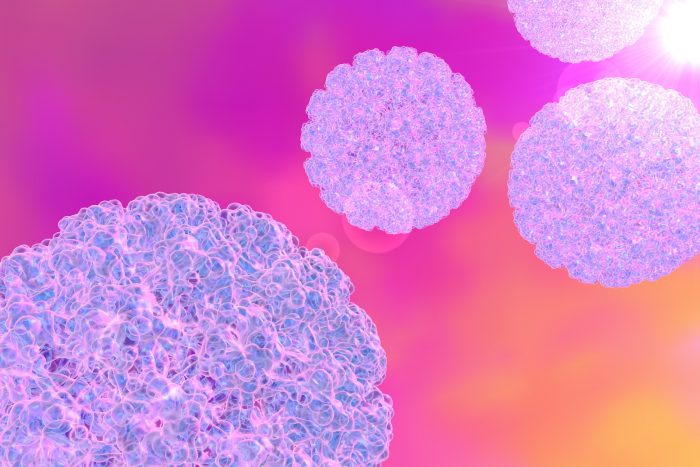
HPV virus (human papillomavirus) is a common sexually transmitted virus in women and men. Both sexes need to understand the signs of the HPV virus and ways to reduce its risk, as it can increase the risk of developing secondary cancers. HPV infection has become a leading cause of secondary malignancies in those who have survived genital cancers in childhood. HPV virus mainly resides on the skin’s surface and moist membranes that line your body. Different types of HPV, such as 6, 11, 16, and 18, are responsible for HPV-related cancers and genital warts in men and women. HPV (human papillomavirus) vaccination is an effective solution for lowering the risk for secondary cancers.
HPV (human papillomavirus) Vaccination
The widespread immunization of the HPV vaccine can potentially reduce the effect of cervical cancer and other secondary cancers associated with the HPV infection worldwide. The National Institute of Health recently shared that childhood cancer survivors have a higher risk of developing HPV-related secondary cancers. The two high-risk HPV infections- types 16 and 18 are responsible for most HPV-related cancers worldwide.
Numerous types of HPV infection spread through direct sexual contact and are responsible for several cases of cervical cancer and other HPV-related secondary cancers. Three types of HPV vaccines, Gardasil, Gardasil-9, and Cervarix, are approved by the U.S. Food and Drug Administration. These HPV vaccines are equally suitable for men and women. This vaccine can prevent the risks associated with secondary cancers if given before people are exposed to the virus. HPV virus also lowers the symptoms of anal cancers, genital warts, throat, mouth, neck, and head cancers in men and women.
Healthcare providers must encourage young cancer survivors to get HPV vaccination and avoid the risk of secondary malignancies. The (CDC) Centers for Disease Control and Prevention suggests that the HPV vaccine be given to girls and boys between 11 and 12 to avoid the risk of secondary cancers and other HPV-related conditions in the future. The vaccine can also be given earlier as girls and boys age nine before they have had sexual contact and develop an HPV infection. Research shows that receiving the HPV vaccination early may reduce the risk of developing HPV cancer by 54%.
The Gardasil 9 HPV vaccine has been recently approved by the U.S. Food and Drug Administration for men and women between 9 and 45. People aged between 27 and 45 must consult with healthcare professionals to better understand whether they should get the HPV vaccination or not.
Role of Healthcare Providers in Recommending HPV Vaccine
Healthcare providers recommend HPV vaccination for survivors of childhood cancers, especially anal tumors and cervical cancer. A report shared by the Journal of Clinical Oncology highlighted that the rate of HPV vaccination among 13 to 26 years old cancer survivors is only about 23.8%. Most cancer survivors between 9 and 12 don’t start the HPV vaccination just because they’re not encouraged by their healthcare providers.
The HPV (human papillomavirus) vaccination is an effective tool to help keep young cancer survivors safe as it significantly reduces the risk of developing HPV-related cancers in the future. The lack of healthcare provider’s recommendation, endorsement of HPV vaccine barriers, and perceived lack of insurance coverage are responsible for an increased likelihood of vaccine non-initiation.
People who’re already sexually active can benefit from HPV vaccination as it can protect them from developing other HPV strains. The HPV vaccinations protect you from specific strains but don’t treat an already existing HPV infection. People with an unhealthy immune system may experience mild side effects of HPV vaccination, such as redness or soreness at the injection site. They may also experience weakness, fatigue, nausea, headaches, and vomiting.
The Bottom Line
You can take other preventions to avoid HPV-related secondary cancers if you’re not in the vaccine age group. It will help if you visit your doctor at age 21 for regular Pap tests. Get immediate medical attention if you notice vaginal bleeding after menopause, pain during sex, pelvic infection, or the symptoms of cervical cancer.









